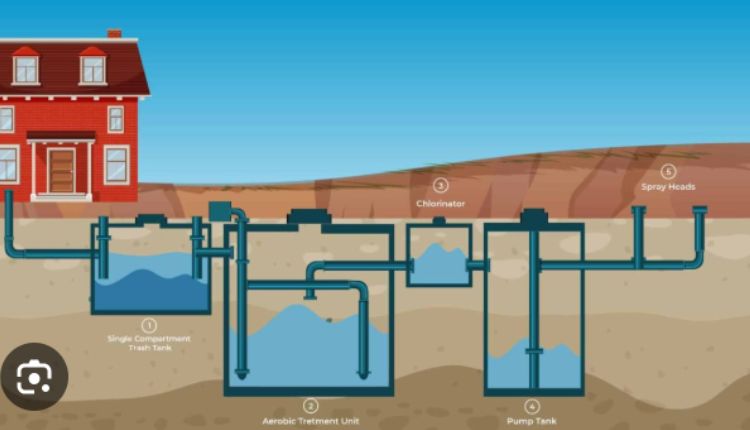As a homeowner, you might not think about your septic tank often. It’s easy to forget about it until something goes wrong. But skipping maintenance can lead to expensive repairs and hassle.
We know your time is important, so we’ve put together a list of easy tips to help keep your septic tank clear and your home running smoothly. Whether you’re new to homeownership or experienced, grab a cup of coffee and read on.
These tips will help you take care of your clogged septic tank and avoid problems in the future.
After addressing immediate water damage concerns, Bruce Johnson Construction offers septic installation in Gresham it’s crucial to assess the structural integrity of your home, particularly the roof, which often bears the brunt of water exposure. Engaging professionals like Timber Ridge Roofing and Exteriors can ensure that any necessary repairs or replacements are handled with expertise. Their skilled team can evaluate the extent of damage and provide solutions that prevent future issues, safeguarding your home from further water intrusion. This step is vital in maintaining the overall health of your property and ensuring that your home remains a safe and secure environment for you and your family.
-
Schedule Regular Pumping
The most effective method to avoid a clogged septic tank is scheduling regular pumping. Septic tanks typically need to be pumped every three to five years, depending on their size and household waste levels. Failing to pump your tank can result in solid waste buildup, which in turn could lead to a backup of sewage.
By being proactive and arranging for a septic pumping service in Central Ohio, you not only enhance the functionality of your system but also save money on potential repairs down the line. Staying ahead with pumping ensures that your tank operates smoothly and effectively.
-
Mind Your Waste Disposal
The type of waste you dispose of in your septic system significantly impacts its health. Many homeowners unknowingly contribute to clogs by flushing inappropriate items down the toilet or pouring harmful substances down the sink. Items that should never enter your septic system include:
- Grease and oil
- Flushable wipes
- Paper towels
- Feminine hygiene products
- Non-biodegradable materials
Being mindful of what goes into your system can help reduce the risk of blockages and prolong the life of your septic tank. Use trash bags to dispose of non-biodegradable items and consider composting where possible.
-
Inspect Regularly
Regular inspections are a cornerstone of effective septic system maintenance. Scheduled checks can uncover minor issues before they escalate into major problems. Experts recommend inspecting your system at least once every year, but it could be beneficial to do so more frequently if your household generates a high volume of waste.
During inspections, look for signs of trouble, such as pooling water around the drain field or strange sewage odors. Engaging professionals who specialize in inspecting septic tanks can provide insights and guidance tailored to your specific situation.
-
Utilize Water Wisely
Water usage is a critical aspect to prevent septic backup. An overloaded tank can lead to various problems, including clogs. Be conscious of your water consumption, taking steps to reduce high-volume usage. Simple changes like installing low-flow fixtures, fixing leaks, and spreading out loads of laundry can make a difference.
Additionally, avoid excessive water drainage into the system at one time. Spreading out showers, dishwashing, and laundry over the week can lessen the burden on your septic tank. Adjusting your habits not only protects your system but also contributes to conservation efforts.
Prevent a Clogged Septic Tank With Essential Maintenance Tips
Properly maintaining your septic tank is crucial in preventing clogged septic tank. Regular pumping, careful use of water and disposing of waste properly can go a long way in extending the lifespan of your septic system. Remember to schedule routine inspections and follow these essential maintenance tips to keep your septic tank functioning efficiently.
Don’t wait until it’s too late, take care of your septic tank today and be proactive in preventing future problems. Contact a trusted professional for assistance and keep your septic tank running smoothly.
Looking for more tips and advice? You’re in the right place! Make sure to bookmark our page and come back to check out more interesting articles.


